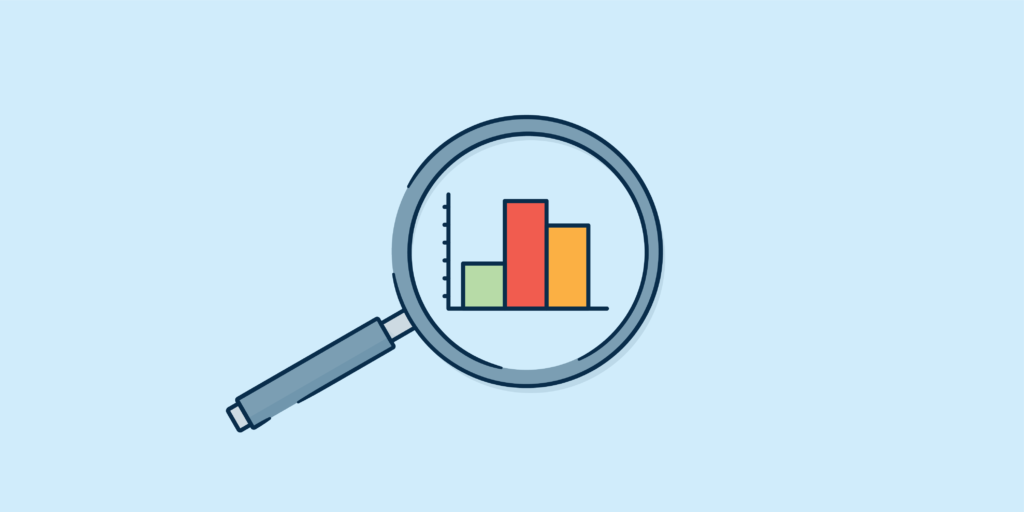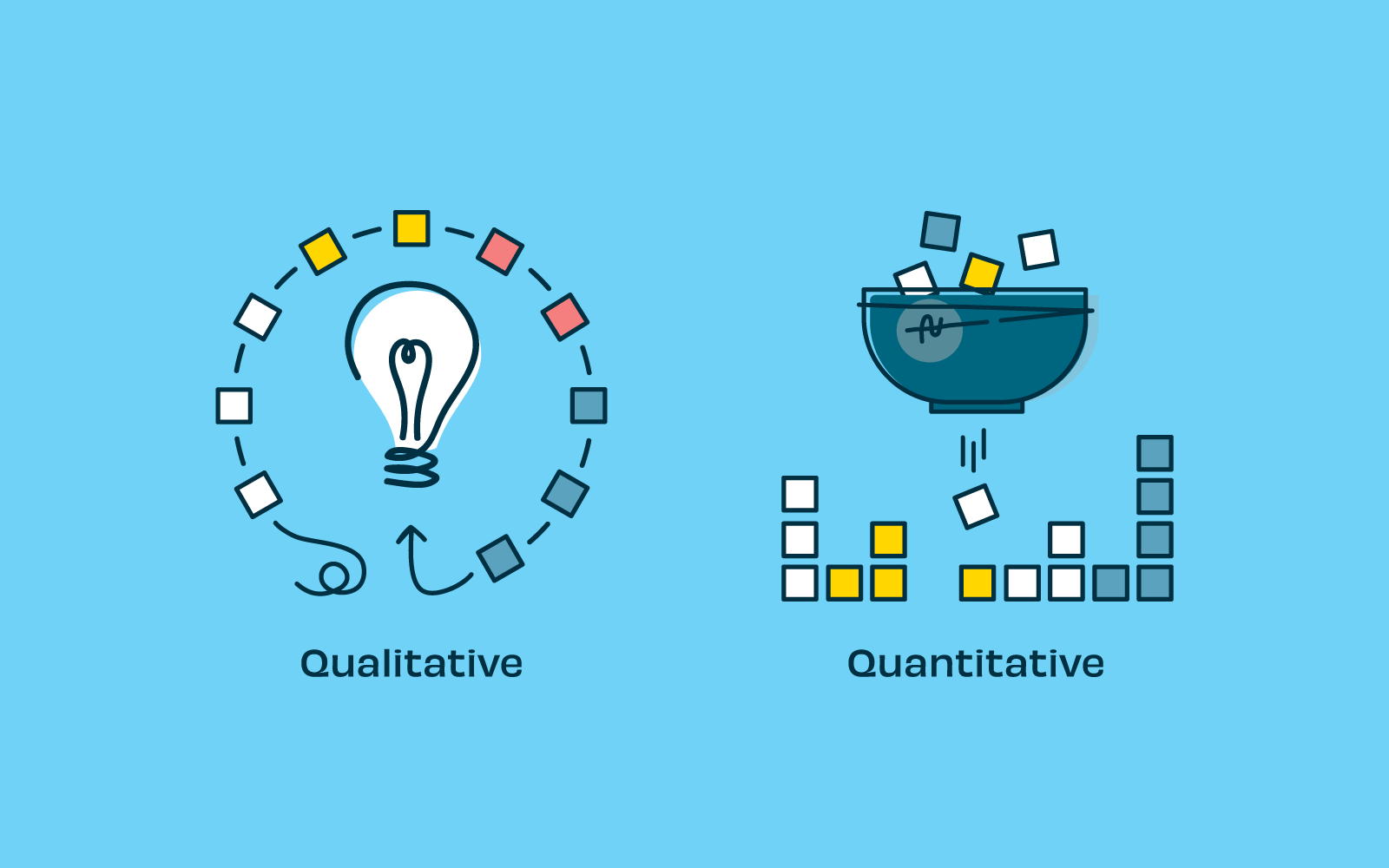Are you a business owner or a market researcher looking to gain a competitive edge? In today’s dynamic and ever-evolving market landscape, having access to reliable and efficient product market research tools is essential. These tools provide valuable insights into consumer behavior, market trends, and competitor analysis, enabling businesses to make informed decisions and stay ahead of the competition. In this article, we will explore the significance of product market research tools and discuss some popular options available in the market.
The Importance of Product Market Research Tools

Product market research tools play a crucial role in understanding customer needs, preferences, and the overall market landscape. By leveraging the right tools, businesses can gather data-driven insights that guide their decision-making process, optimize product development, and develop effective marketing strategies. With the right research tools, businesses can identify new opportunities, mitigate risks, and deliver products and services that meet the ever-changing demands of consumers.
Understanding Market Research Tools

Market research tools encompass a wide range of software and platforms designed to collect, analyze, and interpret data related to the market and consumer behavior. These tools help businesses gather valuable information about their target audience, competitors, industry trends, and more. They provide quantitative and qualitative data that can be used to make strategic business decisions and drive growth.
Quantitative Research Tools
Quantitative research tools focus on gathering numerical data to quantify market trends, consumer preferences, and statistical analysis. Here are some popular quantitative research tools:
Survey Tools
Survey tools are widely used to collect data from a target audience. These tools enable businesses to create and distribute surveys to gather insights on customer satisfaction, preferences, buying behavior, and more. Popular survey tools include SurveyMonkey, Google Forms, and Typeform.
Data Analytics Platforms
Data analytics platforms help businesses analyze large datasets to uncover patterns, trends, and correlations. These platforms provide businesses with advanced analytics capabilities, allowing them to derive actionable insights. Leading data analytics platforms include Google Analytics, Adobe Analytics, and IBM Watson Analytics.
Social Listening Tools
Social listening tools allow businesses to monitor and analyze social media conversations related to their brand, products, or industry. By tracking social media mentions, sentiment analysis, and trending topics, businesses can gain valuable insights into customer opinions and preferences. Some well-known social listening tools include AIM Insights, Sprout Social, and Brandwatch.
Qualitative Research Tools
Qualitative research tools focus on gathering in-depth insights and understanding the motivations, attitudes, and opinions of consumers. These tools help businesses uncover nuanced information that goes beyond mere numbers. Here are some commonly used qualitative research tools:
Focus Group Tools
Focus group tools facilitate the organization and management of focus group sessions. These tools enable businesses to gather a small group of individuals and conduct structured discussions to explore consumer perceptions, opinions, and preferences. Popular focus group tools include Qualtrics, FocusVision, and Liveminds.
Interviewing Software
Interviewing software allows businesses to conduct one-on-one interviews with individuals to gain qualitative insights. These tools often provide features like video interviews, transcription services, and note-taking capabilities. Well-known interviewing software includes Zoom, Microsoft Teams, and GoToMeeting.
Ethnographic Research Tools
Ethnographic research tools enable businesses to observe and understand consumer behavior and cultural dynamics in their natural settings. These tools often involve methods like participant observation, interviews, and document analysis. Some popular ethnographic research tools include Anthropac, Dedoose, and ATLAS.ti.
Competitive Analysis Tools
Competitive analysis tools help businesses gather insights into their competitors, their strategies, and the overall market landscape. These tools provide valuable data that can inform pricing decisions, marketing campaigns, and product development. Here are some widely used competitive analysis tools:
Pricing Intelligence Tools
Pricing intelligence tools help businesses monitor and analyze competitors’ pricing strategies, discounts, and promotions. By understanding the market’s pricing dynamics, businesses can optimize their pricing strategies to remain competitive. Leading pricing intelligence tools include Price2Spy, Omnia Retail, and Wiser.
Competitor Monitoring Platforms
Competitor monitoring platforms provide businesses with real-time updates on their competitors’ activities, including product launches, marketing campaigns, and customer feedback. These tools enable businesses to identify emerging trends, anticipate market changes, and stay ahead of the competition. Popular competitor monitoring platforms include SEMrush, SimilarWeb, and Brand24.
Brand Monitoring Tools
Brand monitoring tools help businesses track mentions of their brand across various online platforms, including social media, news articles, blogs, and forums. By monitoring brand sentiment and consumer feedback, businesses can proactively manage their reputation and address any potential issues. Well-known brand monitoring tools include AIM Insights, Brandwatch, and Talkwalker.
Case Studies with Record-Breaking Insights
Case Study 1: Nike’s Data-Driven Product Innovation
Nike has consistently leveraged market research tools to refine its products and marketing strategies. By using social listening tools like AIM Insights and Brandwatch, Nike identified a rising demand for sustainable footwear. This led to the creation of the Nike Space Hippie collection, made from 85–90% recycled materials. The result? A record-breaking sellout in just a few hours and an overwhelmingly positive consumer response.
Case Study 2: Coca-Cola’s Consumer Sentiment Analysis
Coca-Cola used AI-powered social listening tools to analyze consumer conversations around soft drinks. Through sentiment analysis, they discovered a growing preference for zero-sugar beverages. Acting on this insight, Coca-Cola reformulated and aggressively marketed Coca-Cola Zero Sugar, which became one of the fastest-growing segments in their portfolio, increasing sales by 14% in a single quarter.
Influencer Quotes & Tweets
🚀 Gary Vaynerchuk (@garyvee):
“If you’re not using market research tools to track consumer sentiment, you’re flying blind. Data-driven decisions = business success!”📈 Rand Fishkin (@randfish):
“Competitive analysis tools like @SimilarWeb & @SEMrush give you the edge you need. Know what your competitors are doing before they do!”🎯 Neil Patel (@neilpatel):
“Social listening is the secret weapon of modern brands. If you’re not tracking customer conversations, you’re missing out on GOLD.”
Emerging Trends in Product Market Research Tools
As technology continues to evolve, so does the field of product market research tools. Some emerging trends in this domain include the use of artificial intelligence and machine learning to automate data analysis, the integration of voice and visual search data into market research, and the incorporation of virtual and augmented reality for immersive consumer research experiences.
Conclusion
In conclusion, leveraging product market research tools is crucial for businesses aiming to thrive in today’s competitive landscape. These tools offer invaluable insights, empowering companies to make data-driven decisions, understand consumer preferences, and outperform their competitors. By combining quantitative and qualitative research approaches and utilizing tools tailored to their specific needs, businesses can unlock new opportunities and drive growth.
If you’re ready to take your market research to the next level, request a demo of AIM Technologies’ advanced research tools today. Our cutting-edge solutions are designed to provide comprehensive market intelligence and help you make informed business decisions. Don’t miss out on the chance to stay ahead of the curve and achieve success in your industry.
FAQs
How can market research tools benefit my business?
- Market research tools provide valuable insights into consumer behavior, market trends, and competitor analysis, helping businesses make informed decisions and stay ahead.
Are there any free market research tools available?
- Yes, some market research tools offer free versions with limited features. However, premium versions often provide more advanced capabilities and comprehensive data.
Which market research tools are best for competitor analysis?
- Competitive analysis tools like SEMrush, SimilarWeb, and AIM Insights are popular choices for monitoring competitors’ activities and strategies.
How can qualitative research tools benefit my business?
- Qualitative research tools help uncover in-depth insights into consumer motivations, attitudes, and opinions, enabling businesses to develop targeted strategies and products.
What are some emerging trends in product market research?
- Emerging trends include the use of AI and machine learning, the integration of voice and visual search data, and the adoption of virtual and augmented reality for immersive research experiences.




